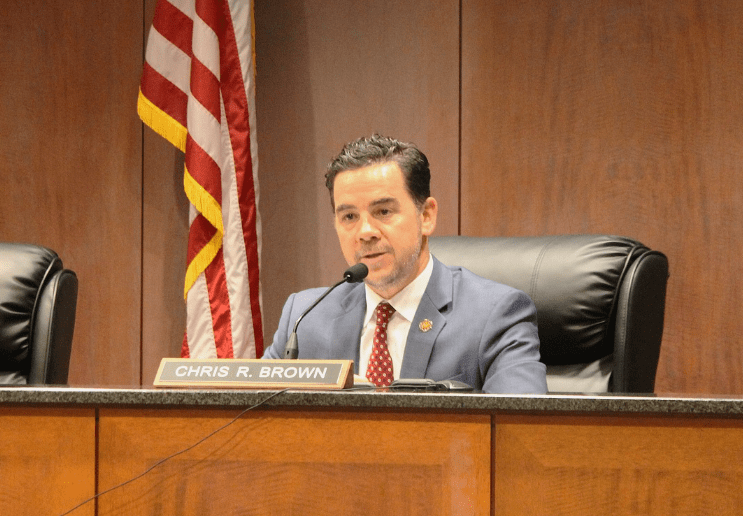
- Chip Pickering says inconsistent regulations give other nations like China a leg up.
The 21st century is an exhilarating time for innovation across all industries. Medical breakthroughs, technological advancements, and new scientific discoveries are happening every day. Among these exciting developments is the widespread utilization and adaption of artificial intelligence (AI), a tool we are merely scratching the surface of when it comes to identifying its functionality. But as its use in our everyday life grows, so does the number of state-level regulations targeting it. These burdensome regulations will not only hinder innovation and leadership in AI, it will negatively impact the entire business ecosystem.
However, recent developments in the budget reconciliation bill to put a hold on state and local AI regulation for 10 years is extremely encouraging to see. As Congress continues its budget reconciliation process, the moratorium on non-Federal AI regulation should be seen through to avoid the consequences disparate state-regulations could have on undermining innovation, economic growth, and our ability to compete on a national and global scale. It is time we modernize government infrastructure and fit it with a clear standard our businesses can rely upon.
Currently, most states are vastly different in their definitions, compliance requirements and enforcement mechanisms related to AI. One state’s laws may mandate extensive algorithmic audits, while another may outright ban certain applications altogether. This creates a regulatory maze nearly impossible to navigate for business operations that extend across state lines, creating a significant disadvantage for new entrants into the market. Companies are being forced to drain their finite resources to understand legal complexities, something that isn’t possible for small businesses that lack the resources to comply with 50 different regulatory structures.
Beyond the ramifications for domestic business, inconsistent regulations give other nations like China a leg up. While other countries, particularly in Europe and Asia, are moving swiftly to regulate AI, we must also look at those models and avoid their mistakes. The heavy-handed rules in the EU AI Act underscore the need for a light touch national framework, not onerous regulations that stifle innovation. This framework is critical to ensure we do not fall behind our global competitors.
To lead in AI, the U.S. needs a coherent, forward-looking framework. Regulations need to instill trust in consumers and foster innovation and economic growth, rather than discouraging businesses from deploying or even developing cutting-edge AI solutions in as many states and communities as possible.
With the unprecedented opportunity of integrating AI into our professions, now is the time for unified and definitive action to secure the future of American AI. I urge Congress to pass the provision to place a moratorium on state-level AI legislation and focus on a clear and uniform AI policies moving forward.







